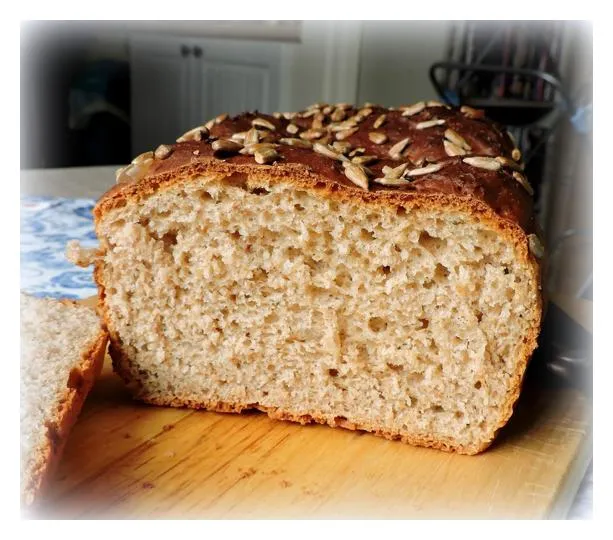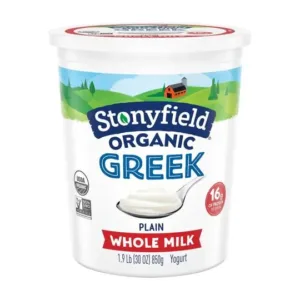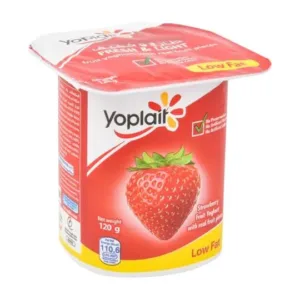
Is Light Rye Bread Keto-Friendly?
As the ketogenic diet continues to grow in popularity, perusing the bread aisle brings about its own set of complications. We're left mulling over our beloved kinds of bread and their place in this high-fat, low-carb dietary regime. This time, we're venturing into the realm of Light Rye Bread. A healthier bread option for sure, it's mildly tangy flavor and distinctive texture have made it a welcome addition to breakfast tables around the world. The question we're all keen to know the answer to: Is Light Rye Bread keto-friendly?
Understanding the Keto Diet
Before we plunge into the specifics of Light Rye Bread, unraveling the fundamentals of the ketogenic diet is crucial. This diet mainly concentrates on high fat consumption (around 70-80% of daily caloric intake), moderate protein, and exceedingly low carbohydrate intake (generally fewer than 50 grams of net carbs per day). The central idea? To induce your body into a state of ketosis, where it relies primarily on fat instead of carbohydrates as a fuel source.
Nutritional InformationPer (1 Loaf (454.0g)):
Per 100g:
| 
Light Rye Bread is not keto-friendly. It's best avoided if you're trying to maintain ketosis. |
Light rye bread, a popular choice among bread lovers, has its place in a well-balanced diet. It's known for its distinctive flavor and nutritional benefits, but it's also worth examining for those following a ketogenic diet.
Flour made from rye contains less gluten than wheat flour, which results in a denser, higher fiber bread. Beyond these traits, light rye bread also contains micronutrients, including magnesium, phosphorus, zinc and complex B vitamins.
However, light rye bread's carb count per serving sits at around 13 grams, which means it falls in the range of being quite high in carbs for a keto diet, so it's recommended to be consumed sparingly. While it's not necessarily a no-no for the ketogenic plan, it’s crucial to keep this potential carb source in mind when planning your keto-friendly meals in order to maintain ketosis.





